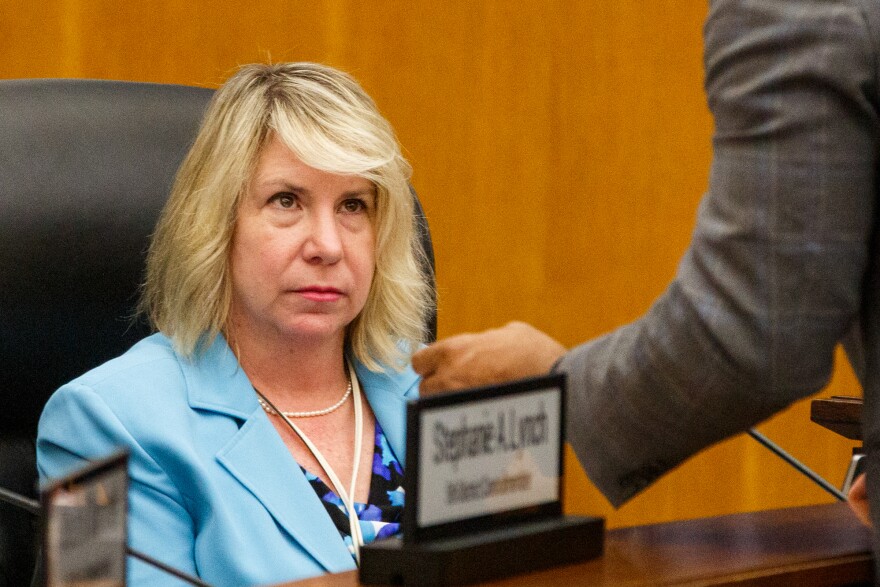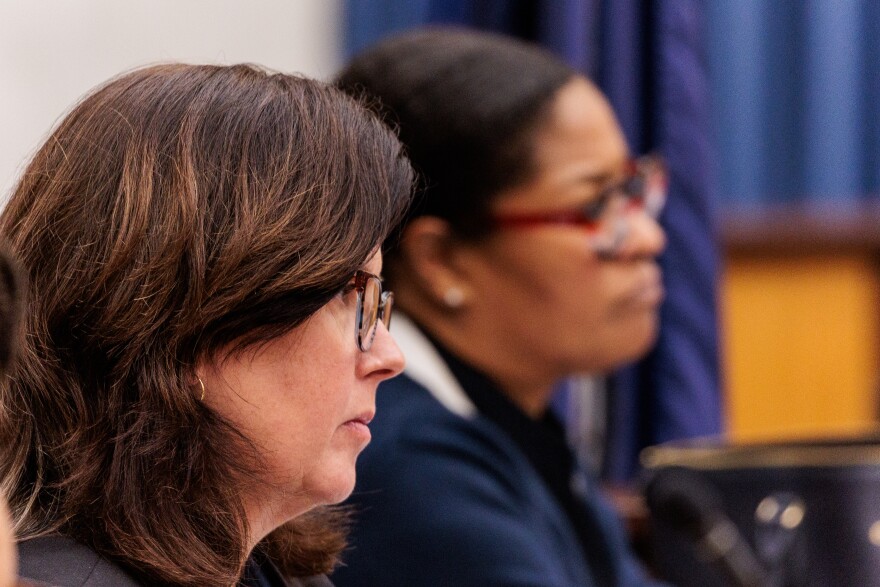The city of Richmond’s government watchdog recently released more than a dozen investigative reports that had not previously been published, despite city rules requiring them to be made public.
The office of Inspector General James Osuna has added 17 reports to its public-facing database, dating from December 2020 to Monday. The postings were first reported by WRIC.
City code directs Richmond’s IT department to maintain a webpage for “providing an internet location at which all inspector general reports issued since July 1, 2018, are electronically published for public review.”
An archived version of the page from earlier this year showed the most recently published report was from September 2019. Filenames on the 17 newly available reports indicate that all were uploaded this month.

City Council President Kristen Nye told WRIC in August that Osuna, who has held his position since June 2019, had been given “discretion” as to whether to publish the old reports “after getting legal guidance about potential whistleblower concerns.”
During a call with VPM News, Nye reiterated that the previous guidance was meant to protect whistleblowers. Even though the reports are anonymized, she said, the nature of the information included in the investigations could unintentionally give clues about who was making complaints.
“It might look like — to me or you, who aren’t in that situation — that it’s pretty clear that all of it’s anonymous,” she said. However, particularly in cases involving specific city personnel, “things could be exposed inadvertently.”
She said council would explore whether to “tweak the legislation a little bit” and work with City Attorney Laura Drewry to “make sure what we’re publishing is good for the public, [and] protects HR concerns and whistleblowers.”
Osuna’s office declined to answer questions from VPM News about the legal guidance it received regarding publication of the reports.

The question of whether to release those reports from the inspector general’s office isn’t the only concern over transparency the city has faced this year. A former employee filed a whistleblower lawsuit against the city — and onetime communications director Petula Burks — alleging that Burks fired her in retaliation for reporting violations of Virginia’s Freedom of Information Act.
Still, Nye said she believes “the spirit of this council is very pro-transparency” and that the inspector general’s office is working to strike a balance between public disclosure and giving potential whistleblowers a “safe space” to report governmental wrongdoing.
She said since council split the inspector general’s office from the auditor’s office six years ago, the number of tips it’s received has increased.
“Having this space where people can share their concerns without fear of retaliation is really helpful,” she said.
Nye added that the plan going forward is for Osuna’s office to publish new reports on an ongoing basis, once they have been finalized and presented to the city’s chief administrative officer.
Highlights from the newly released reports are below.
Failure to reconcile city ledgers against bank statements
The inspector general received an anonymous complaint that finance department leadership was falsifying records of the city’s cash accounts — including the general fund account, the main conduit for city funds.
In a January 2022 report, the inspector general’s office provided evidence that the city’s general fund had not been reconciled for fiscal years 2018 through 2020, despite finance department officials signing off on reports to outside auditors that presented the account as being reconciled. External audit reports also cited “material weaknesses in FY15-FY17 regarding the timely reconciliation of cash accounts.”
Failing to reconcile the general fund likely meant the city’s ledgers overstated the amount of cash it had in the bank by more than $12 million, the report said.
Department policy and Generally Accepted Accounting Principles require reconciliation of accounts on a monthly basis, at minimum.
In addition to recommending that the department complete monthly reconciliations going forward — and backfill reconciliations from previous fiscal years — the inspector general recommended disciplinary action against department leaders who violated accounting policies.
The report also references a director within the department who, as deputy director at the time, approved a year-end report for fiscal 2020 that contained unreconciled entries. Finance director Sheila White — who was not named in the report — became senior deputy director of the department in June 2020. She was promoted to her current role in 2021.
Collaboration with federal law enforcement officials
In a February 2022 report, the inspector general concluded that a case manager in the Department of Social Services had accessed the personal information of a resident who died in a car accident in May 2019 in order to request duplicate benefit cards and receive government benefits.
The employee spent over $8,400 in benefit funds during an eight-month period, including purchases at Walmart, Staples and the Virginia Department of Motor Vehicles.
The FBI and U.S. Attorney’s Office for the Eastern District of Virginia assisted with the investigation, which led to the employee being sentenced to 20 months in federal prison for mail fraud. The employee was also required to reimburse the Department of Social Services for the benefits.
The FBI and U.S. Attorney assisted with another investigation, completed in November 2023, into reported embezzlement within the Department of Public Works’ Grounds Maintenance Division.
The inspector general found that an operations manager and a senior administrative technician had paid over $600,000 in city contracts to companies controlled by the technician and by the operations manager’s wife.
Some of that money — though it could not be determined exactly how much — is believed to have been paid for services that were either not provided or completed by on-duty DPW employees, the report said.
The operations manager, his wife and the administrative technician each pleaded guilty to conspiracy to commit wire fraud. The operations manager was sentenced to 27 months in prison; his wife received eight months of house arrest; and the administrative technician was sentenced to 14 months in prison.
City employees abusing work time
Four of the 17 reports released this month addressed complaints about city employees using work time improperly — the most common allegation among the new investigations.
In one instance, the investigator found that a DPW maintenance technician spent more than 12 hours on the clock in June 2021 playing video skill games in two convenience stores in the city. The report said the employee also parked a city vehicle in a handicap parking space on multiple occasions.
Two other reports involved employees who were found to be conducting outside work on city time.



